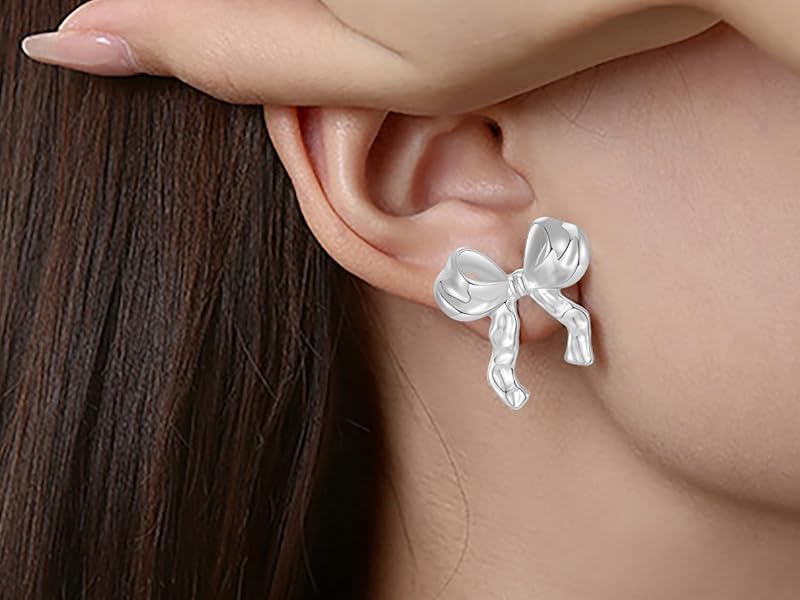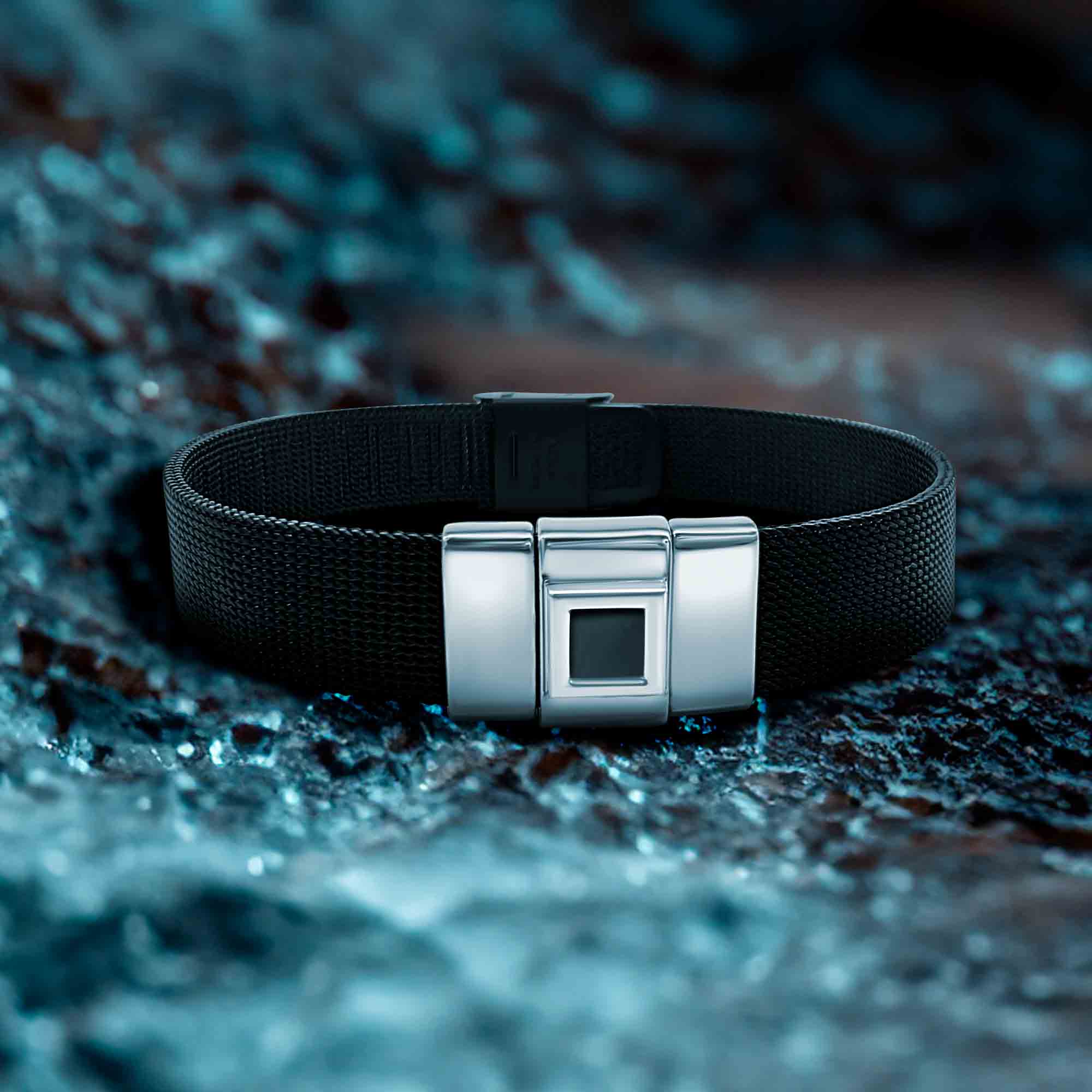
When it comes to engagement rings, diamonds have long held the crown as the ultimate symbol of love and commitment. However, in recent years, moissanite engagement rings have emerged as a popular and stunning alternative to diamonds. Many couples are now asking themselves, “Is it bad luck to choose a moissanite engagement ring over a diamond?” The simple answer is no. Choosing a moissanite ring over a diamond is not bad luck—it’s a personal choice based on preference, budget, and values.
What Is Moissanite?
Moissanite is a gemstone that closely resembles a diamond, but it’s composed of silicon carbide rather than pure carbon. Discovered in the late 19th century by French scientist Henri Moissan, it was originally found in meteorites, giving it an out-of-this-world origin. Today, moissanite is created in labs, making it a sustainable and ethical option for engagement rings.
Why Are Moissanite Engagement Rings So Popular?
Moissanite engagement rings have gained popularity for several reasons, and one of the biggest factors is their affordability. Moissanite offers exceptional brilliance and fire (the rainbow-like flashes seen in the stone) at a fraction of the price of diamonds. This allows couples to invest in a larger or more intricate setting without breaking the bank.
Another reason moissanite is favored is its durability. Moissanite ranks 9.25 on the Mohs scale of hardness (diamonds are a 10), making it extremely resistant to scratching and damage. This makes it a great option for a piece of jewelry that is worn daily, like an engagement ring.
The Superstition Around Engagement Rings
Some people believe that certain traditions must be followed to ensure a happy and long-lasting marriage, and this may include opting for a diamond engagement ring. However, there’s no evidence or historical basis to suggest that choosing a moissanite engagement ring is bad luck. In fact, traditions around engagement rings have evolved significantly over time.
Diamonds became the norm only in the 20th century, largely due to marketing campaigns by diamond companies. Before that, engagement rings were made from a variety of gemstones like sapphires, rubies, and even emeralds. Today, couples have the freedom to choose a ring that reflects their personal style and values rather than adhering to outdated norms.
Moissanite vs. Diamond: How Do They Compare?
When comparing moissanite and diamonds, it’s essential to understand that both are excellent options, and neither choice is inherently better or worse. Here’s how they stack up:
- Appearance: Both moissanite and diamonds are nearly colorless, but moissanite tends to exhibit more fire and brilliance due to its higher refractive index.
- Cost: Moissanite is much more affordable than diamonds, often costing up to 90% less. This allows couples to get a bigger stone or a more elaborate setting.
- Durability: Moissanite is highly durable, though slightly softer than diamonds. However, both stones are suitable for daily wear and will stand the test of time.
- Ethics: Moissanite is lab-created, making it a more eco-friendly and ethical choice. While diamonds can be ethically sourced, moissanite offers peace of mind without concerns about mining practices.
Breaking the Myth: Moissanite Is Just as Meaningful
Choosing a moissanite engagement ring isn’t a question of bad luck—it’s about what feels right for you and your partner. Many couples are drawn to the unique qualities of moissanite, including its brilliance, durability, and affordability. In a time when sustainability and ethical choices are more important than ever, moissanite offers a modern twist on a timeless tradition.
So, if you’re wondering whether moissanite engagement rings are a good option, rest assured that they are. They carry just as much symbolism and meaning as a diamond ring, and they’re a beautiful choice for those looking to make a statement that aligns with their values and budget.
In the end, the best engagement ring is the one that reflects the love and commitment shared between two people—whether it’s a diamond or a moissanite stone.





